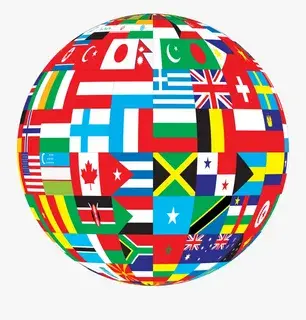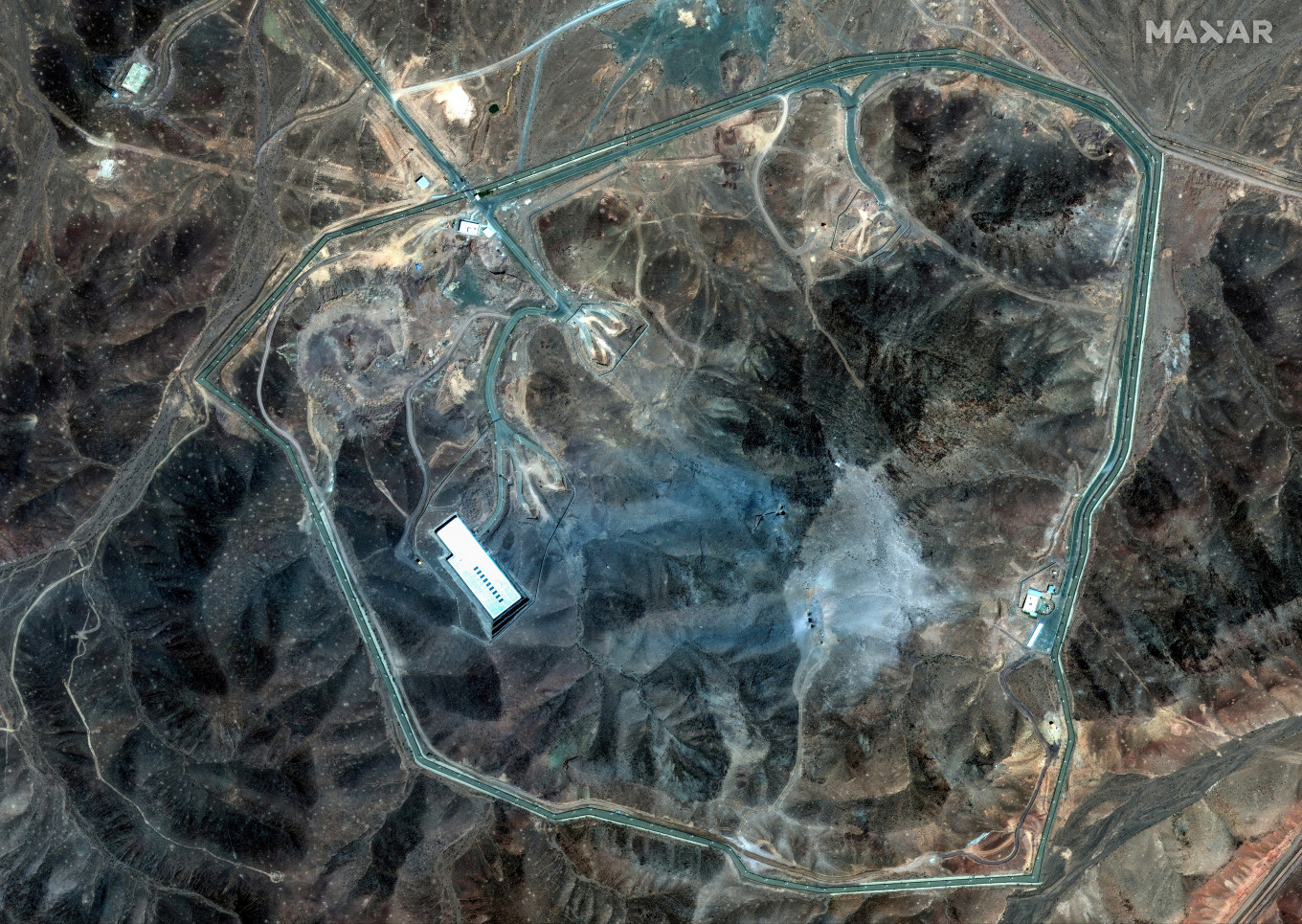For over half a century, Israel has pursued a deliberate strategy of concealing its nuclear weapons program while refusing to join the Nuclear Non-Proliferation Treaty (NPT). Unlike Iran, which remains a signatory, Israel does not permit international inspections of its nuclear facilities, maintaining a policy of “nuclear ambiguity.”
Israel’s nuclear capabilities date back to May 1967, when Prime Minister Levi Eshkol ordered the assembly of nuclear devices at the Dimona reactor, ready for use in the Six-Day War. This doctrine was further entrenched during the 1973 Yom Kippur War, with the mobilization of 13 warheads under the so-called “Samson Option”—a deterrence strategy based on the threat of massive retaliation.
Despite denying possession, Israel is widely believed to maintain a stockpile of 90 to 400 nuclear warheads. It has enforced this dominance regionally—from the 1981 bombing of Iraq’s Osirak reactor to the alleged assassinations of Iranian nuclear scientists since 2010. The massive aerial campaign over Gaza in 2023–2024 and controversial statements about potential nuclear use further exposed the fragility of international norms.
Although the Iran-Israel conflict concluded in 2025, the lack of accountability for past actions and unwavering U.S. support continue to erode global non-proliferation efforts and encourage future escalation.


